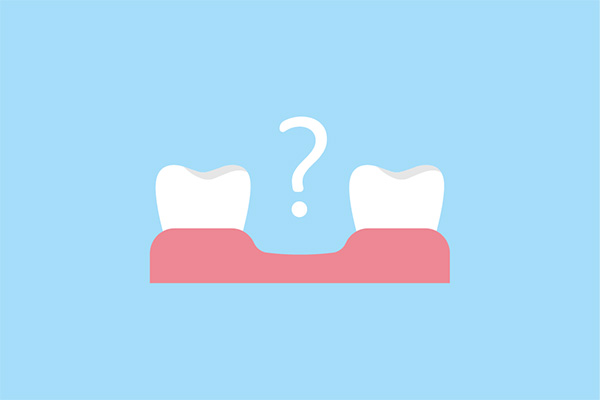How Should I Clean My Dentures?

Dentures are one option available to you if you have lost some or all of your teeth. Although it is normal for people to lose teeth throughout a lifetime, you do not have to live without them. Dentures can fix the problem of missing teeth while improving your smile. Using them allows you to speak and chew more effectively. There are different dentures available, so whether you choose a permanent, removable or partial set, you can enjoy having teeth once again.
Cleaning dentures is important
The purpose of wearing dentures is to help people who have lost their teeth. Dentures can help patients speak, eat and smile more naturally. These things are possible when dentures are well-maintained and comfortable. It is important for patients to know how to properly clean dentures to keep them stain-free and good-looking.
Rinse dentures after meals
Patients should run warm or cool water over the dentures to remove any leftover food particles and debris. It is recommended to put a towel in the sink or over the counter while rinsing the dentures to avoid breakage should the denture drop. While cleaning the dentures, it is important that patients do not bend or damage the clasps or plastic.
Rinse out mouths
Once the dentures have been removed, it is important for patients to rinse out their mouths. Patients can use a soft-bristled toothbrush on any remaining natural teeth. Gauze or a softer toothbrush can be used on the tongue, cheeks and roof of the patient’s mouth. If a patient uses denture adhesive, it should be removed.
Brush the dentures
Patients should take out dentures at least once a day to rinse and clean. Soak them and brush them with a soft-bristled toothbrush and use a non-abrasive cleanser to get rid of any food and plaque. If a patient uses denture adhesive, it is important to clean the grooves that fit against the gums to get rid of any leftover adhesive.
Soak dentures overnight
Dentures should remain moist to keep the proper shape. Patients should put dentures in water or into a denture-soaking solution during the night. When in doubt, a patient should talk to a dentist about how to properly store the dentures overnight.
Rinse dentures before wearing them
Before a patient puts the dentures back in, it is important to rinse them off thoroughly. This is especially true if the dentures were in a cleaning solution. These solutions may have harmful chemicals that could cause burns, pain and vomiting when swallowed.
Schedule regular checkups
A dentist will recommend how often a patient should come in and have the dentures examined and cleaned professionally. The dentist can ensure the dentures fit properly in order to reduce slippage and discomfort.
Avoid specific treatments
Patients should never use strong cleansers or harsh toothpaste. These are too abrasive and may damage the dentures. Additionally, patients should avoid anything with bleach as this can weaken dentures and damage the color. Finally, hot water can warp dentures.
Take care of dentures properly
It is your job to properly take care of your dentures. If you clean them regularly and check in with your dentist, then dentures can last a lot longer. Make sure you are following the above tips for cleaning and that you avoid the cleansers and hot water that can lead to damage.
Are you considering getting dentures in the Stoughton area? Get more information at http://www.dentistryonpark.com.
Check out what others are saying about our services on Yelp: Read our Yelp reviews.
Recent Posts
There are many options for replacing missing teeth, but how can replacing missing teeth help your oral health? Replacing missing teeth is the best way to prevent tooth decay, gum disease, and jawbone deterioration. Options for replacing missing teeth are dental implants, dentures, or dental bridges. Choosing which option will work best for you depends…
Nobody wants to be searching for options for replacing missing teeth, but it’s good to be prepared just in case. Not only is a missing tooth an eyesore, but there is usually an underlying reason behind it. Mouth diseases such as gingivitis or accidents are generally the most likely culprits for losing a tooth. No…
It is amazing the amount of confidence that comes from the options for replacing missing teeth. The absence of a tooth or even multiple teeth can make daily tasks like eating and speaking more difficult than they must be. For those who suffer from this, just having the ability to learn more about options can…
There are a variety of common reasons people are missing teeth. Missing teeth can cause many oral health problems, including difficulty chewing food and the gradual movement and misalignment of your teeth over time. However, there are solutions to dealing with missing teeth, including dental implants, implant-supported bridges, and removable partial dentures. Read on to…


